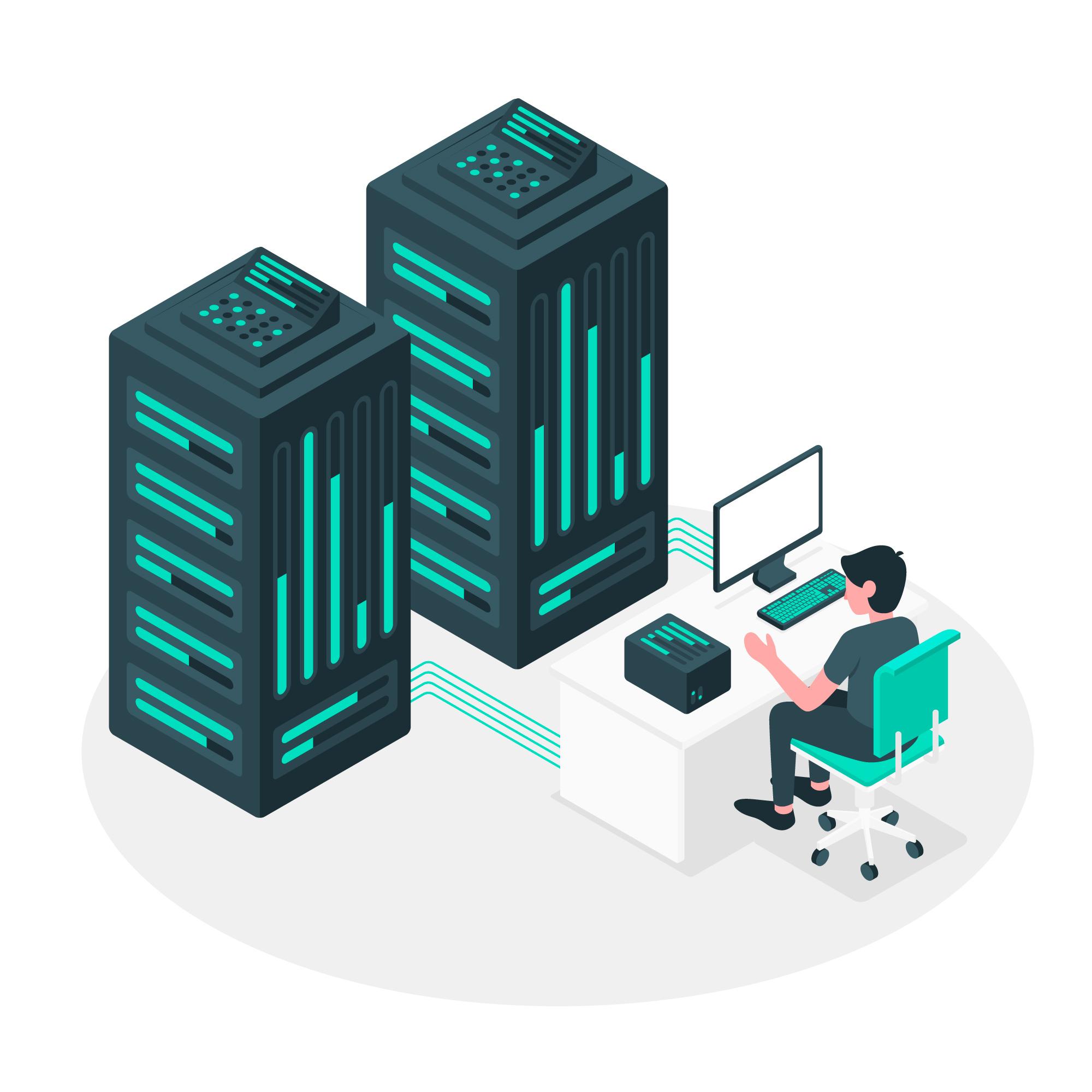Cloud computing has transformed how businesses store, share, and access their data. From startups to large enterprises, companies are moving their operations to the cloud for better flexibility, lower costs, and faster performance. But with this shift comes a growing need to protect digital assets, which is where cloud security comes into play.
Cloud security is more than just using passwords and firewalls. It’s a complete strategy that helps businesses stay safe from cyberattacks, data leaks, and system failures. So, what does it really take to achieve success in cloud security? In this blog, we’ll unlock the key elements, strategies, and best practices that can help businesses stay secure in the cloud.
What Is Cloud Security?
Cloud security is the combination of technologies, processes, and policies used to protect cloud-based systems and data. It focuses on keeping sensitive information safe, preventing unauthorized access, and ensuring systems continue running smoothly even when issues arise.
This type of security is especially important because businesses now use the cloud for storing customer data, running applications, and managing everyday operations. Without proper security, companies face risks like data breaches, financial loss, or even damage to their reputation.
Why Is Cloud Security Important?
Understanding why cloud security matters is the first step toward building a strong defense. Here are a few reasons why it should be a top priority for every business.
Safeguards Sensitive Data
Most companies store sensitive information such as financial details, customer records, or internal business data in the cloud. Cloud security helps keep this data safe from hackers, malware, and unauthorized users.
Ensures Business Continuity
Unexpected events like cyberattacks, system failures, or human errors can bring a business to a halt. Cloud security includes backup and recovery plans to ensure your operations can continue without major disruptions.
Helps Meet Legal Requirements
Many industries are governed by data privacy laws and regulations. Having strong cloud security in place helps your business meet these legal requirements and avoid penalties or lawsuits.
Builds Trust with Customers
Customers are more likely to do business with companies that take security seriously. When your cloud systems are protected, you create a safer environment for customers to interact with your brand.
The Secrets to Cloud Security Success
Achieving cloud security success is not about using one tool or following one rule. It’s about building a complete and well-managed security system that protects your data, supports your team, and adapts as your business grows.
Choosing the Right Cloud Provider
Not all cloud providers are the same. Some offer stronger security features, better customer support, or advanced tools for managing data. Always choose a cloud service that has:
- Secure data centers
- Encryption for data storage and transfer
- Reliable backup and disaster recovery options
- Clear security policies and regular audits
Ask your provider about their security measures before moving your business to their platform.
Using Strong Access Controls
Only the right people should have access to sensitive data. You can control this by setting up user roles, requiring strong passwords, and enabling multi-factor authentication (MFA). MFA adds an extra layer of protection by asking users to confirm their identity in more than one way.
Keeping Software Up to Date
Old software can have bugs or weaknesses that hackers can easily exploit. Regularly update your apps, systems, and security tools to fix these gaps and stay protected.
Encrypting Your Data
Encryption turns readable data into scrambled code that only authorized users can decode. This makes it harder for attackers to access your data, even if they somehow manage to steal it.
Training Your Team
Many security problems happen because of simple mistakes made by employees. Train your team on how to identify phishing emails, avoid weak passwords, and follow your company’s security rules. The more informed your team is, the safer your data will be.
Monitoring Activity and Detecting Threats
Using monitoring tools helps you keep an eye on everything happening in your cloud systems. These tools can detect unusual activity, such as failed login attempts or large data transfers, and send alerts before the situation gets worse.
Read More: DevOps & Cloud Consulting Services for Scalable IT Setup
Common Cloud Security Challenges
While the benefits of cloud computing are clear, there are also some challenges businesses face when trying to protect their systems.
Lack of Visibility
With everything happening in the cloud, it’s easy to lose track of where your data is or who has access to it. This can create blind spots in your security.
Misconfigured Settings
Sometimes, cloud storage or apps are not set up properly, leaving them open to threats. Regular audits can help catch these mistakes.
Insider Threats
Employees or partners with access to your systems can also be a threat if they misuse their privileges, whether on purpose or by accident.
Shared Responsibility
In cloud computing, security is often shared between the provider and the user. Many businesses assume the provider handles everything, which leads to weak points in their protection.
How Businesses Can Stay Ahead
Cloud security isn’t something you set up once and forget. It’s an ongoing process that grows with your business. Here are some tips to stay ahead:
- Schedule regular security checks and updates
- Invest in good security tools and services
- Set clear rules for employees using cloud systems
- Work with a team that understands cloud security best practices
Conclusion
Cloud computing is changing the way businesses work, but it also brings new challenges when it comes to protecting data and systems. The key to cloud security success lies in being proactive, using the right tools, and building strong habits across your organization.
Every business, whether small or large, needs to treat cloud security as a serious investment, not just an IT issue. If your company is planning to move to the cloud or build cloud-based apps, it’s important to partner with a trusted clone app development company that understands how to secure your cloud infrastructure from the ground up.
By unlocking the secrets to cloud security success, you can protect your data, earn customer trust, and build a business that’s safe, strong, and ready for the future.

Frequently Asked Questions
What is cloud security in simple words?
Cloud security is the protection of data, systems, and applications that are stored or run in the cloud. It helps keep your information safe from hackers and errors.
Is cloud storage secure for business use?
Yes, as long as the right security steps are taken. This includes using encryption, access control, and regular software updates.
What is the most common cloud security risk?
Data breaches caused by weak passwords, misconfigured settings, or phishing attacks are among the most common cloud risks.
Do small businesses need cloud security?
Absolutely. Small businesses are often targeted by cybercriminals because they may have weaker security systems in place.
Can an app development company help with cloud security?
Yes, a good app development company can help build secure apps, manage cloud infrastructure, and set up proper security measures from the start.







Comments